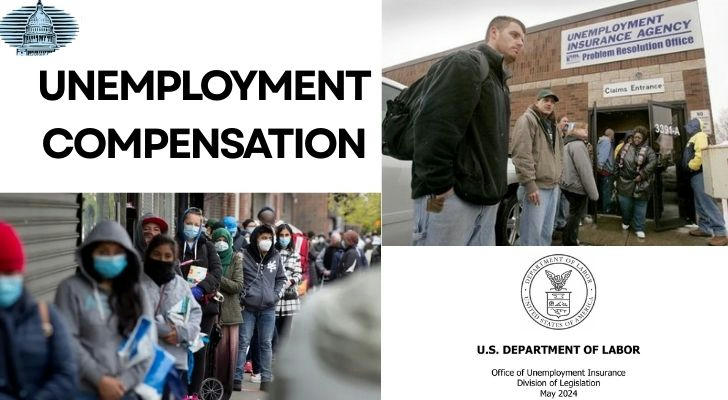Emergency Cash for the Unemployed: A Step-by-Step Guide
Out of work and need cash fast?
Government and community programs may provide the support you need right now. In the U.S., 57% of unemployed people qualify for unemployment insurance, yet only 29% actually claim it—mainly due to lack of information.Here’s how to make sure you get it.

🏢 What Are Unemployment Benefits?
Unemployment benefits are temporary financial assistance regulated by the U.S. Department of Labor and administered by state unemployment insurance agencies.
helping eligible people maintain financial and medical security while seeking new employment.
| Assistance Channel | Target Group | Main Benefits | Typical Amount |
|---|---|---|---|
| Unemployment Insurance (UI) | General unemployed | Weekly cash payments; register with employment services to access training and job referrals | ~$200–$600/week(Varies by state),up to 26 weeks; some states offer extensions |
| Self-Employment Assistance (SEA) | Aspiring entrepreneurs | Supports small business startups, replacing standard unemployment benefits | Comparable to original UI amount, varies by state |
| Disaster Unemployment Assistance (DUA) | Victims of natural disasters | Temporary federal support for those affected by hurricanes, floods, etc.; includes eligibility for cash assistance for unemployed | Typically ~50% of the state UI average |
| Supplemental & Community Support | Low-income families / households with children | Training, career transition programs, temporary cash assistance for unemployed and guidance on health insurance for unemployed | TANF/CalWORKs: ~$200–$800/month depending on family size and income |
📖 Case Study: Alice in California
Alice, 35, from Los Angeles County, lost her job due to company downsizing. She received $450 per week in unemployment insurance for 26 weeks. During this period, she attended a state-provided career transition training program to prepare for a new career path.
Alice said, “Thanks to this unemployment insurance, I was able to complete the training without worrying about basic living expenses and successfully earned my professional certification. Now, I have a stable job, and both my life and career have greatly improved.”
👥Who qualifies for unemployment compensation?
While eligibility varies by state, applicants typically must meet these requirements:
- Work history / earnings: Sufficient wages during the “base period”
- Not unemployed by choice: Layoffs or company closure qualify
- Able and available to work: Physically fit, actively seeking employment
- Documentation: Must provide ID, pay stubs, and employer’s separation notice
Some states recommend that individuals, whether unemployed involuntarily or voluntarily, can still apply and also explore other suitable assistance programs.
🖥️ How Do I File for Unemployment Insurance?
- File a claim: Online or by phone with your state’s unemployment office.
- Submit documents: ID, recent pay stubs, employer’s layoff notice, etc.
- Weekly/biweekly reports: Confirm ongoing job search activities.
- Respond to requests: Cooperate with state agency reviews or interviews.
Tip: Act quickly step by step to receive cash support as soon as possible while participating in training to improve your skills.
🎯 How to Get Emergency Financial Assistance After Losing Your Job
| Target Group | Recommended Program | Key Actions & Benefits |
|---|---|---|
| General Unemployed | State Unemployment Insurance (UI) | Apply immediately → Stable weekly cash, enroll in training programs |
| Aspiring Entrepreneurs | Self-Employment Assistance (SEA, if applicable) | Apply for SEA support → Receive startup funding and guidance, take first step in entrepreneurship |
| Victims of Major Disasters | Disaster Unemployment Assistance (DUA) | Contact state/federal relief channels → Alleviate urgent financial pressure |
| Long-term Unemployed / Low-Income Families | Career Retraining & Community Programs / TANF/CalWORKs | Attend skills courses + apply for cash assistance → Cover household expenses while boosting career skills |
Tip: By taking swift action, improving your skills, leveraging available programs, and planning your finances, you can maintain economic stability during periods of unemployment or income fluctuations, while preparing for long-term career and life growth.
✅ Conclusion
Unemployment is challenging, but benefits are a right, not a privilege.
By applying promptly, you can secure short-term financial support and take advantage of training and reemployment services that prepare you for your next career step.
